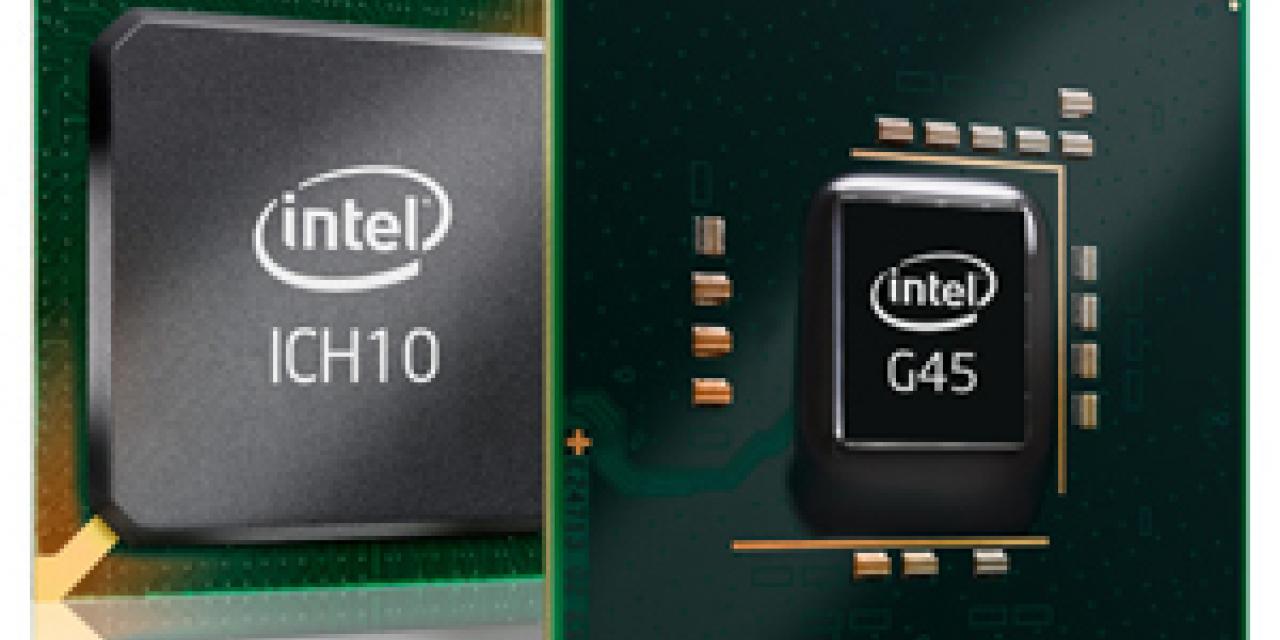
Initial reception for Intel's latest integrated graphics chipset hasn't been very good, and Intel isn't denying that.
IT all started with a booth set up by AMD for the sole reason of proving that Intel's G45 chipset doesn't accelerate Blu-ray playback while theirs does. "It was clearly not an apples-to-apples comparison" Aaron Brezenski wrote on the Intel Software Network. "But the fact that the Intel CPU was pegged at 100% is just as clearly an indication hardware acceleration was not working. "
Aaron then addressed the poor Blu-ray playback score in online reviews. "Intel's less than stellar scores are due to a player software issue: properly configured advanced de-interlacing will result in scores 20+ points higher", he explained. "Still not perfect scores, but coming within the realm of workable, and my hope is that subsequent driver tweaks will improve this even further."
Aaron pointed out that both Arcsoft Total Media Theater player and PowerDVD play Blu-ray movies on Core 2 Duo CPU and G45 chipset at a CPU utilization of less than 20%.
Finally, Aaron confessed to 2 major problems with the new chipset: first, it stutters every 15 seconds when playing a Blu-ray movie at 24 Hz. This problem was present in Intel's G965 and G36 chipsets before Intel was forced to remove that refresh rate through a driver update. "Some information implied (at the time) this may have been an issue with the SDVO chips used at the time for HDMI with Intel graphics, but the fact that the issue is still there on G45 tells us that this was not an accurate assessment."
The second problem is that 7.1 surround sound doesn't work and Blu-ray media cannot be played through a receiver; this is due to a problem with the repeater mode which is needed for both. "The standard COPP protocols that all of these players use do not support the use of repeaters (even though our competition appears to be ignoring these strictures), and the software players don't yet use OPM (which does support repeaters)", Aaron explained. "This is all very well and good, and we're probably in the right on this regarding supporting the spec: but the end user doesn't see this."



